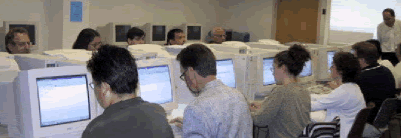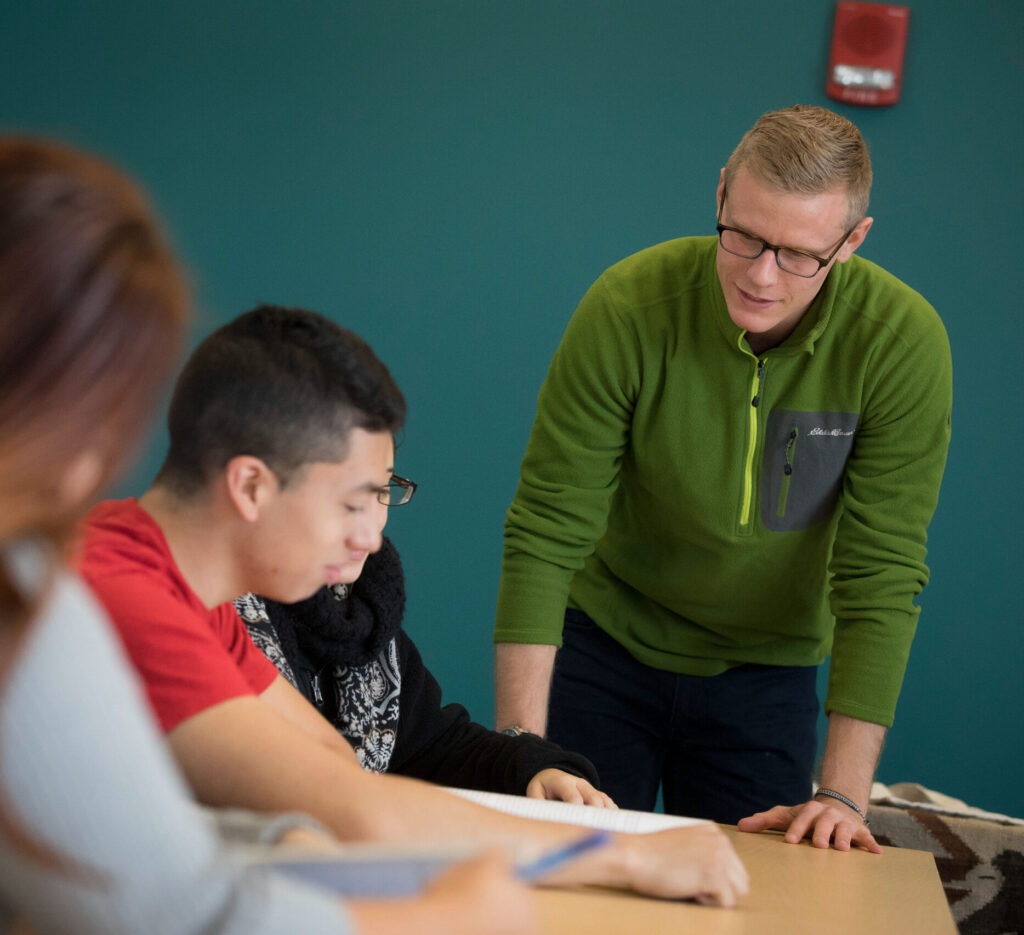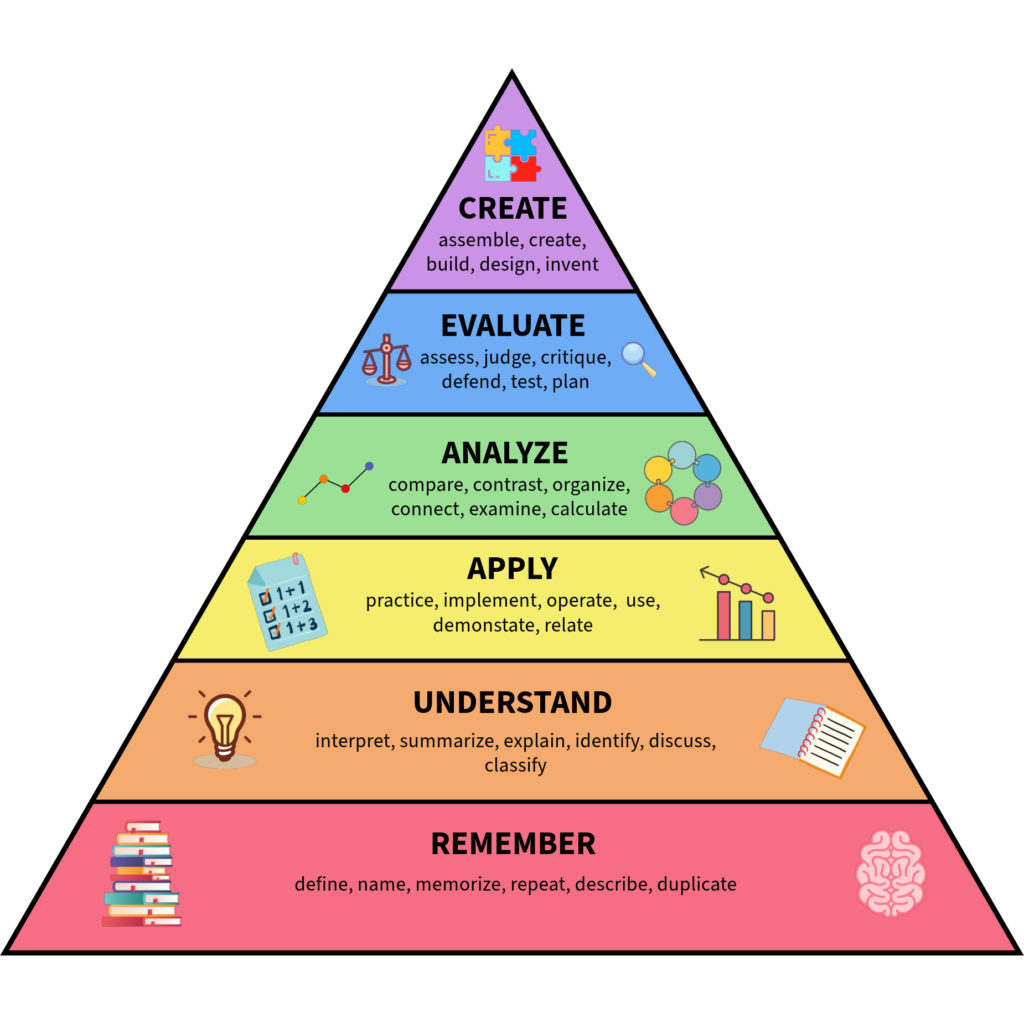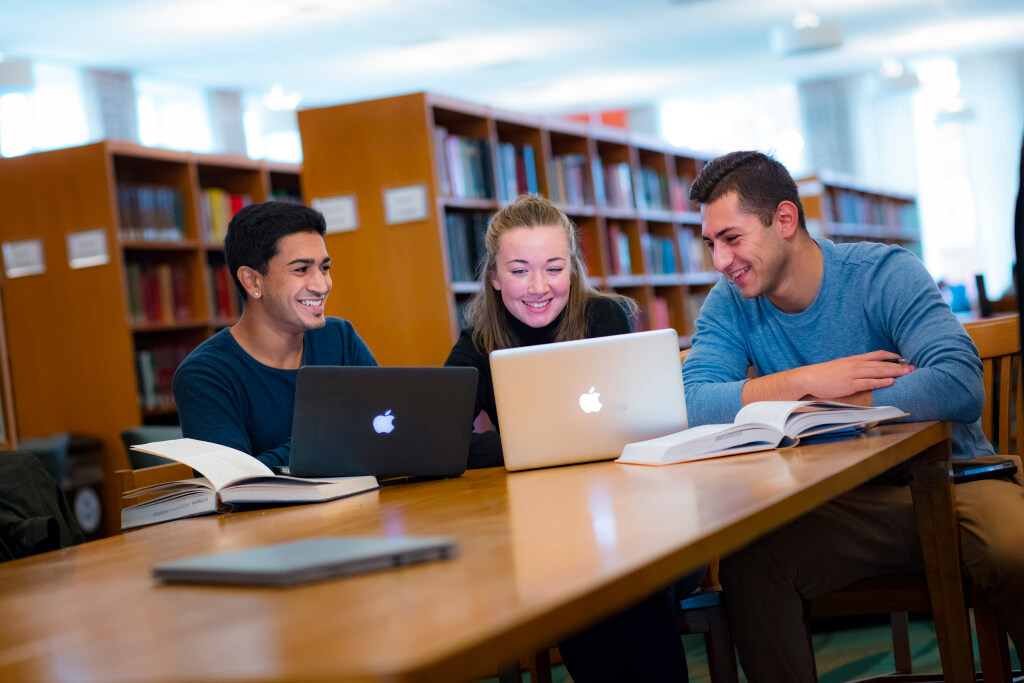Teaching Evaluation
Teaching evaluation is a constructive process and review of pedagogical practices, effectiveness of instructional methods, curriculum delivery, classroom engagement, and the overall impact on student learning.
Improving the Evaluation of Teaching

At Rutgers, we are committed to supporting the development of robust processes for the evaluation of teaching. According to the Guidelines for Teaching Evaluation, each department should develop a teaching evaluation process which may include peer review of teaching, review of student feedback, and review of information from a teaching portfolio.
OTEAR has developed a series of best practice recommendations that may guide departments seeking to adopt and improve procedures for teaching evaluation. The pages here provide information on different forms of teaching evaluation and how to put them together within a department. In addition to brief summaries of best practices, we have compiled a list of resources that model quality evaluation programs which can be found on our Improving the Evaluation of Teaching Canvas site.

Teaching Portfolios
The Teaching Portfolio is best thought of as a documented statement of a faculty member’s teaching responsibilities, philosophy, goals, and accomplishments as a teacher. It is a flexible document, and can be used in a number of ways, depending upon the needs and interests of the faculty member. It can be an extensive collection of information, or something much more compact and limited.
Peer Review of Instruction
Peer review of teaching is the process by which an instructor’s faculty peers observe a component of his or her teaching and provide feedback for professional development and summative evaluation. Through this collaborative exchange, instructors can share successes and challenges with colleagues, allowing them to improve their teaching practices with collective insights.


Student Feedback
While students are not subject or pedagogy experts, students spend more time with faculty than anyone else and can provide valuable information about instructor behaviors such as whether the instructor was engaging, prepared, organized, and understandable. When used in combination with other components of teaching evaluation, and when interpreted carefully, student feedback is a valuable tool for measuring effective teaching.
Upcoming Workshops
Visit Workshops and Training to browse a complete selection of our available workshops.
-
Preparing Teaching Documentation for Promotion, Reappointment, and Renewal (Asynchronous Presentation)
Available Now
What should be included in a teaching portfolio? How should one respond to peer review of teaching suggestions? What really matters about student feedback? In this workshop, we talk about how to put together evidence that demonstrates effective teaching. This session is open to instructors of all ranks and others involved in promotion, reappointment, or renewal, and will include opportunity for discussion.
If you have any questions about this presentation, please contact otear@rutgers.edu.
-
Utilizing Generative AI for Analysis of Student Feedback Comments (Virtual Interactive Workshop)
Monday, February 23, 2026
10:00 am – 11:00 amComments are often where faculty, departments, and schools find great value in student feedback, including midcourse feedback and SIRS. However, depending on the number of comments, analysis can be difficult, particularly when trying to determine concrete actions in a timely manner to take in response to midcourse feedback or for continuous improvement. This virtual interactive session will discuss strategies and provide space for participants to try using generative AI for qualitative analysis of student feedback comments.
-
Navigating Peer Review of Teaching (Asynchronous Presentation)
Available in March 2026
In Spring 2026, OTEAR is preparing asynchronous presentations to support teaching evaluation and assessment. Peer review of teaching is an important part of the advancement, reappointment, and promotion process for instructors of all ranks. This asynchronous session is designed to prepare reviewers tasked with conducting peer review of teaching, but instructors preparing to be observed may also find it helpful. The presentation will focus on peer review of in-person classroom instruction and peer review of course materials, and will provide suggestions for effectively documenting observations. If you are interested in being notified when the presentation is available, please register below.
If you have any questions about this presentation, please contact otear@rutgers.edu.
Additional Resources
OTEAR Resources
OTEAR Workshops
Utilizing Learning Analytics
Resources for Conducting Surveys
OTEAR Community Site (Canvas login required)
Rutgers Resources
Institute for Teaching, Innovation & Inclusive Pedagogy (New Brunswick)
P3 Collaboratory (Newark)
Instructional Design & Technology (Camden)
University Online Education Services (formerly TLT)
Accessibility for Instructional Materials and Course Sites
DCS – Digital Classroom Services
Active Learning Community & Resources
Open Educational Resources Guide
Scheduling
Important Policies
Policy on Academic Integrity
FERPA – Faculty Responsibilities for Student Privacy

